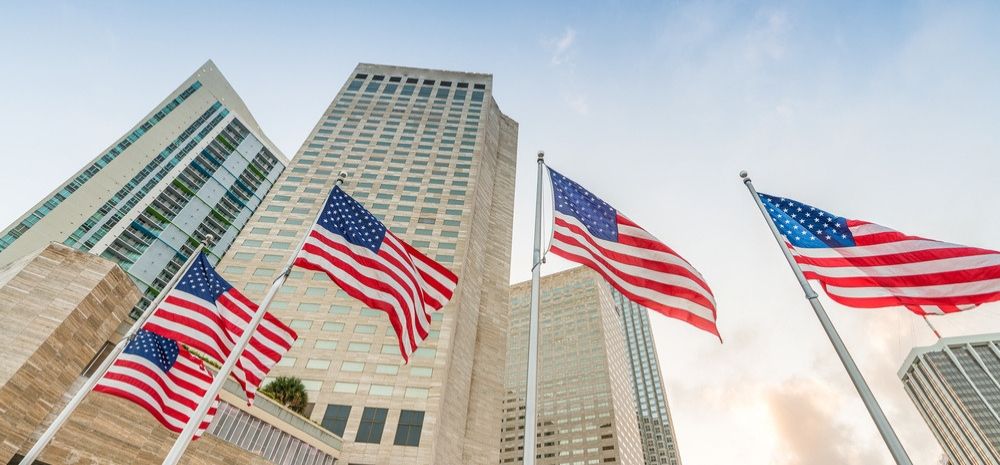Cognizant Vs TCS Vs Infosys Vs HCL: Which IT Firm Has Maximum H-1B Employees?

To increase the local employment, US President, Donald Trump has signed an executive order on June 22 suspending all the work visa applications and green card issuance till year end- including the IT sector’s coveted H-1B visa.
Read on to find out which company has maximum H-1B employees and who would be impacted the most out of the lot…
Around 80,000 Indian Employees With H-1B Visas Working For IT Companies!
There are currently 79,649 Indians working with Indian IT companies- including Tata Consultancy Services (TCS), Cognizant, Infosys, Wipro and HCL Technologies -on visas in the US.
While the visa ban does not impact the current visa holder, according to a Japanese brokerage firm Nomura, it might lead to a spike in the visa renewal rejection rate.
Over the past 5 years, renewal rejection rate has already been on the rise increasing from around 4% in 2016 to nearly 21% in 2020 for Indian IT firms.
The freeze on work visas won’t have an impact for a limited period of time. However, that could change after the December 2020 deadline.
Top Indian IT Companies And Their Visa Dependency!
TCS has the largest number of people working in the US as compared to other IT companies with 54,874 employees. On the total strength, only 40% are on visa; the rest are local employees Within those who are in the US on a visa, 90% are on an H-1B visa — the others are on L-1 visas.
Infosys has a strength of 36, 228 employees in the US out of which 21, 737 are local staff. Similar to TCS, Infosys too only has 40% visa holders as US staff of which 13, 042 are H-1B visa holders.
Tech Mahindra has the lowest workforce in the US at 14, 687 as compared to its peers. Although its 50% employees are non-local of which 85% are H-1B visa employees and rest are L-1 visa holders.
Similarly, Cognizant is also highly dependent on visas as its 50% workforce is dependent on visas. The company has 90% H-1B employees and remaining L-visa employees.
However, Wipro and HCL Tech was a lower dependency on the visa with only 35% of their staff on visas. Out of the non-local employees, both companies have 90% H1-B visa holders.
Over the past 5 years, due to increase in the visa rejection rate many IT comanies have resorted to

Comments are closed, but trackbacks and pingbacks are open.